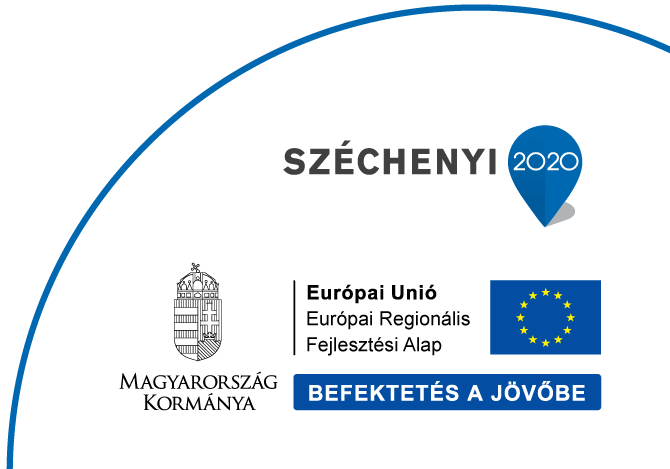Innovation on the road – if done right
The digitalisation of transport is a far-reaching effort to minimize road fatalities and injuries, while paving the way for cooperative transport and the spread of higher driver assistance or self-driving methods. But it is also worth looking at the immediate societal benefits, with an almost endless list of use cases for connected vehicles. And the way to achieve all of this is greatly simplified by forward-thinking public agencies following a strategy.
Municipalities and regions that take the time to develop transport policies and set standards are better placed to make decisions. If they don’t, a lot of meetings will be needed for each project. That’s one of the benefits of having Commsignia’s V2X Roadside Unit (RSU) on the Approved Product List (APL) in Florida. In order to save time and money, Florida officials centrally review and certify devices, so contractors actually working on projects can simply pick the right one from the approved product list. They can be confident that the equipment will meet minimum requirements and there are no safety concerns.
Tested traffic signals won’t start flashing for no reason, and we won’t see conflicting vehicles on the road.
States like Florida use a review process for digital traffic technologies primarily because the Manual on Uniform Traffic Control Devices (MUTCD), a 1000-plus page guidebook for planners and road builders, focuses more on paint and plastic. It includes how to set up traffic signs, what’s the standard way to paint lane markings, and how to operate devices such as traffic signals, but only briefly comments on ITS technologies. While dealing with new technologies requires extra efforts from both the road managers and the vendors, that may not always be the case.
Let’s see how innovations can get to the real streets easier.
New technologies, which are so novel that they do not yet have generic characteristics and associated quality requirements, are initially approved by the state testing laboratory with a letter of permission. It is then thoroughly tested to see if it really does something that they would like to see adopted on a larger scale. At this point the state authority would make the specification and start the APL process. States have specific requirements. In Florida, for example, Commsignia RSUs must integrate with the SunGuide system used by road managers.
Finally, mature and widely adopted technologies have the chance to get included in the MUTCD. Have you ever met those rectangular, rapid flashing beacons at midblock crosswalks? That was an idea of a vendor who believed that it will make it easier for drivers to recognize that there’s a pedestrian trying to cross the road, and that it’d make cars slow down. After years of experimentation first they got an interim approval for that device type, and now it is officially in the MUTCD.
If you want to learn more about Commsignia’s V2X roadside infrastructure, get in touch with us!

Kenneth Gustat – Senior Business Development Manager for Smart City – Western U.S.
Laszlo Kaufmann – Business Development Director for Smart City – Central U.S.


Gary Brady – Senior Business Development Manager for Smart City – Eastern U.S.

